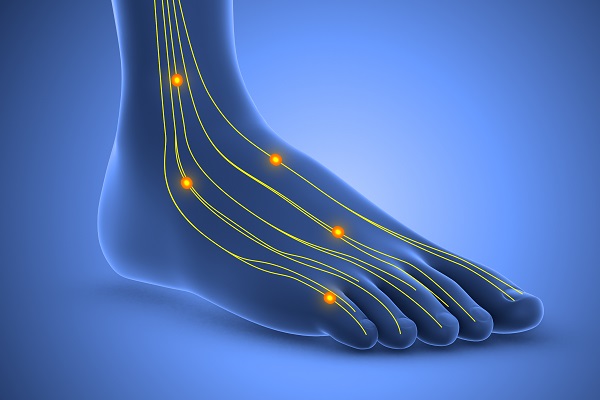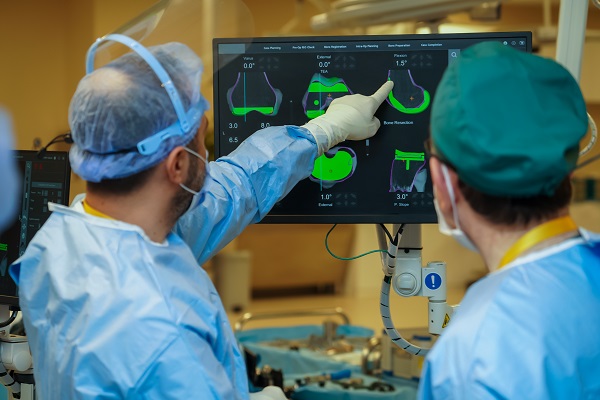-

Common knee injuries and how to treat them
Appropriate footwear and maintaining a healthy weight through exercise can help keep knee injuries a...
-

Innovative techniques in orthopedic trauma surgery: What’s new for patients?
“The types of injuries we see are no different than what has been seen for decades, but there are ne...
-

Common causes of shoulder pain and how to treat them
For patients dealing with chronic conditions such as arthritis, physical therapy is the first line o...
-

Collaborating with the emergency department to deliver seamless orthopedic trauma care
Close coordination between the emergency department and the orthopedic trauma team ensures patients ...
-

When to consider shoulder surgery
There are two main types of surgery techniques for shoulders: arthroscopic and open.
-

Recovery strategies for nerve injuries: What you need to know
Nerves can be easily injured and may not fully recover 100% of the time, even with the best care.
-

How to safely return to sports after injury
With any injury, there are several things to keep in mind before returning to a sport.
-

Get relief for hand and wrist arthritis at Salem Health Orthopedics
A few weeks of the right exercises can sometimes bring range of motion back, as long as the fingers ...
-

How to care for a forearm fracture: What you should know
If someone believes they have fractured a forearm, it’s important to quickly seek care so a provider...
-

Fellowship-trained hand surgeons: Specialty care at Salem Health
At Salem Health, there are multiple fellowship-trained surgeons who are members of the American Soci...
-

How to prevent and treat fingertip injuries
A lot of these injuries are simply an accident, but there are steps you can take toward prevention a...
-

Identifying arthritis and finding treatment
Arthritis symptoms include pain, stiffness and swelling. You may also see deformity in the joints of...
-

How physical therapy can help you recover faster after orthopedic surgery
Whatever activity you enjoy, orthopedic surgery and physical therapy at Salem Health can help make i...
-

Salem Health Orthopedics uses robotics to improve joint replacements
Using advanced imaging and a robotic arm to assist with surgery allows for a personalized fit for ev...
-

How to identify and treat trigger finger
Anyone can receive a trigger finger diagnosis, but the condition is more common in women, people ove...
-

Salem Health Orthopedics uses new technology to reduce need for narcotics
After 30 minutes, the Iovera procedure blocks the nerve from sending pain signals to the brain for u...
-

Is carpal tunnel surgery right for you?
If surgery is not performed in time, symptoms can become irreversible. Learn the signs of carpal tun...
-

Shattered wrist working again with specialized hand therapy
Whether from overuse, arthritis, surgery, tendonitis or carpel tunnel syndrome, rehabilitation is of...